|
|
 |
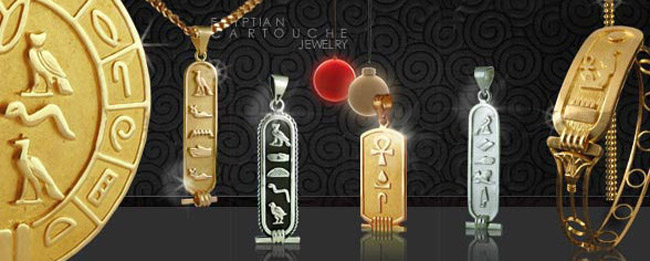
|
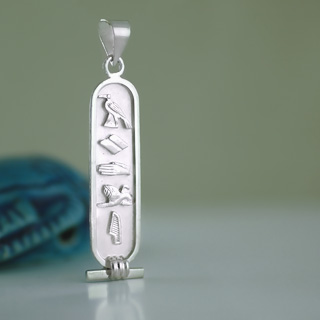
Silver customizable Egyptian cartouche
with Filigree Border
Price :$42.00
On Sale : $32.00
|
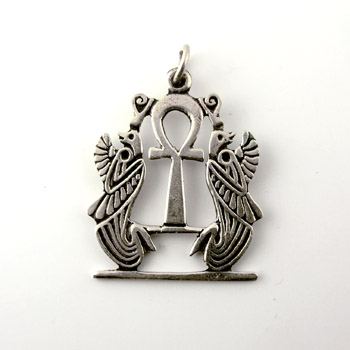
Silver ankh key with king Horus symbols pendant
Price $26.00
|
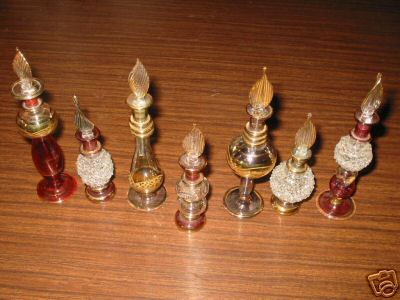
Perfume bottles can be used as a nice Egyptian touch to your home or as a unique gift to buy for a close friend.
price for one :$6.00
|
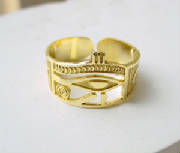
gold Horus eye ring
Price $220.00
|
|
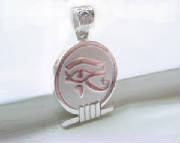
solver round shape eye of horus cartouche
price:$38.00
|
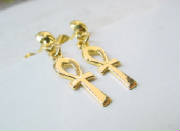
Plain 18k gold Ankh key earring
Price $142.00
|
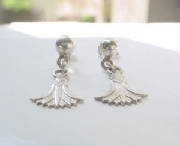
silver royal lotus flower earring
Price $40.00
|
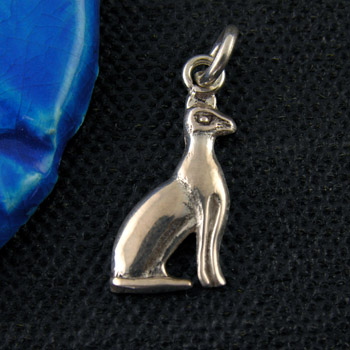
Silver Egyptian Bastet cat pendant
price:$22.00
|
|
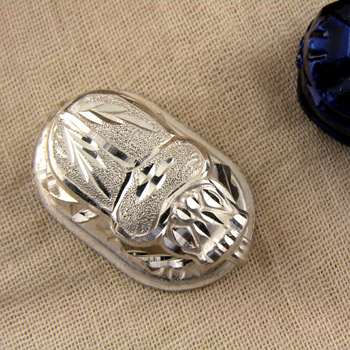
Solid Silver Scarab Pendant
No chain included
price:$39
Add your content here
|
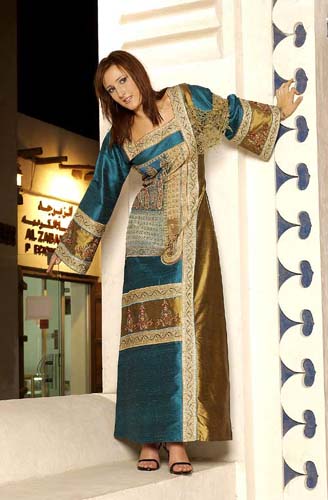
egyprian galabia hand made for going out
price :$310.00
|
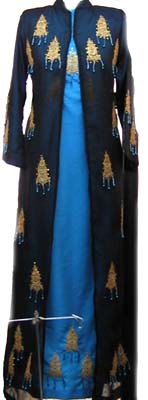
egyptian abaia
price:$280.00
|
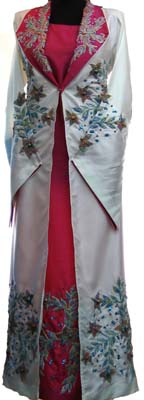
egyptian abaia
price:$330.00
|
|
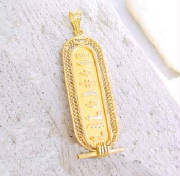
Special 18k gold with Filigree Border Egyptian cartouche pendant
Price $296.00
|
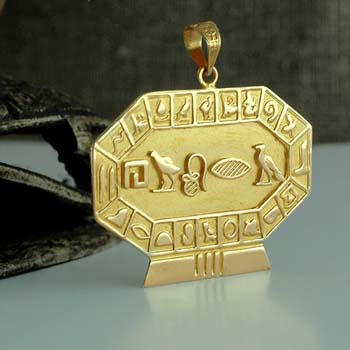
18k solid gold horizontal octagon cartouche pendant
Price $378.00
|
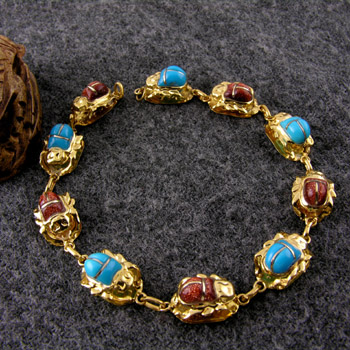
18 K gold Scarab links bracelet
Price $499.00
|
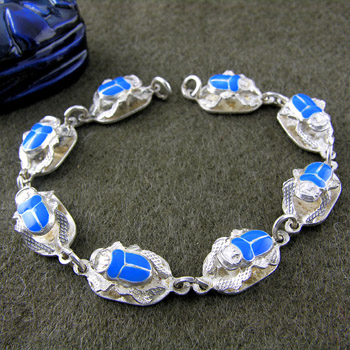
several silver scarabs links bracelet
Price $95.00
|
he ancient Egyptian military was responsible for defending Egypt against foreign invasion, and for maintaining Egypt's domination
in the ancient Near East. The military protected mining expeditions to the Sinai during the Old Kingdom and fought civil wars
during the First and Second Intermediate Periods. The military was responsible for maintaining fortifications along important
trade routes, such as those found at the city of Buhen on the way to Nubia. Forts also were constructed to serve as military
bases, such as the fortress at Sile, which was a base of operations for expeditions to the Levant. In the New Kingdom, a series
of pharaohs used the standing Egyptian army to attack and conquer Kush and parts of the Levant.
Typical military equipment included bows and arrows, spears, and round-topped shields made by stretching animal skin over
a wooden frame. In the New Kingdom, the military began using chariots that had earlier been introduced by the Hyksos invaders.
Weapons and armor continued to improve after the adoption of bronze: shields were now made from solid wood with a bronze buckle,
spears were tipped with a bronze point, and the Khopesh was adopted from Asiatic soldiers. The pharaoh was usually depicted
in art and literature riding at the head of the army, and there is evidence that at least a few pharaohs, such as Seqenenre
Tao II and his sons, did do so. Soldiers were recruited from the general population, but during, and especially after, the
New Kingdom, mercenaries from Nubia, Kush, and Libya were hired to fight for Egypt
|

